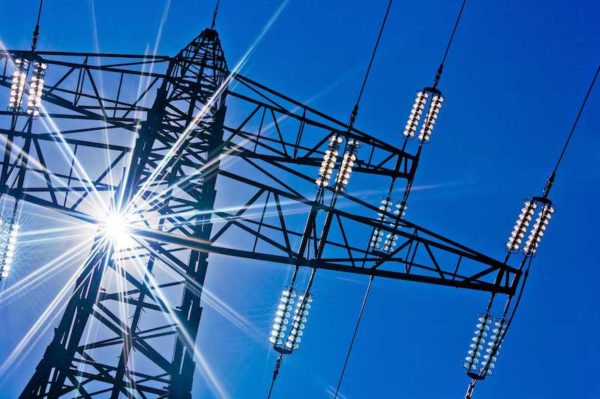What Does a “Just Transition” Mean for New England?
Our transition to a clean energy future must benefit those shouldering the worst burdens of pollution, economic loss, and public health harm

Our transition to a clean energy future must benefit those shouldering the worst burdens of pollution, economic loss, and public health harm

This landmark law aims to clean up how we heat our homes and buildings. Now we need to implement it effectively so that it achieves its goal.
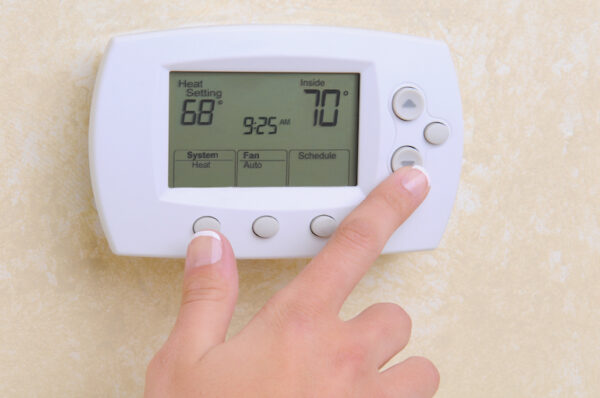
A proposal to build an anaerobic digester on Vermont’s largest dairy farm is not the climate solution its proponents claim it to be.
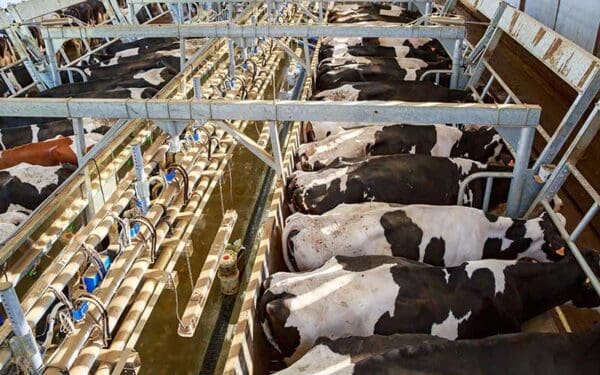
Big Gas and Oil and utility companies are urging us to use hydrogen like we do other fossil fuels – which will damage the climate and our health

Clean energy can help us slash the carbon pollution driving heat waves, storms, and floods.
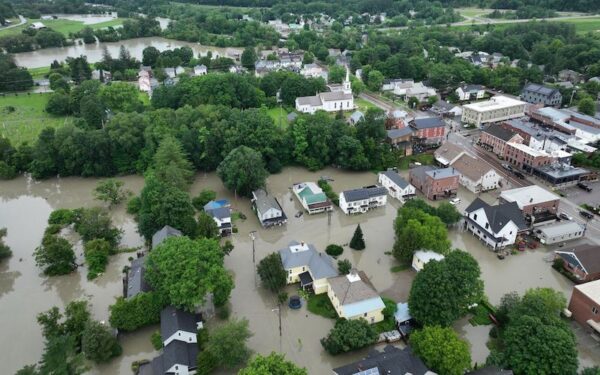
Maine’s proposed rule to spur electric vehicle purchases should go farther
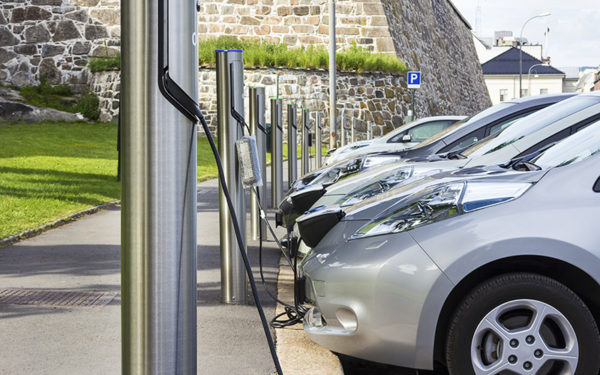
“The Bellevue Project makes no economic or environmental sense,” said Elena Mihaly, Vice President of CLF Vermont. “Vermont should prioritize projects that help farms avoid producing climate-damaging emissions in the first place. Projects like this one generate as much polluting methane as possible, lock farms into industrial dairying, and saddle Vermonters with the bill for expensive, unnecessary gas infrastructure.”

“Harmful emissions from gas-powered cars and trucks are driving the climate crisis and polluting the air in our communities,” said CLF attorney James Crowley. “Rhode Island has an opportunity to tackle the climate crisis while cleaning up the air in our neighborhoods. It’s time to ditch fossil fuels once and for all, and these new rules will help us get there.”
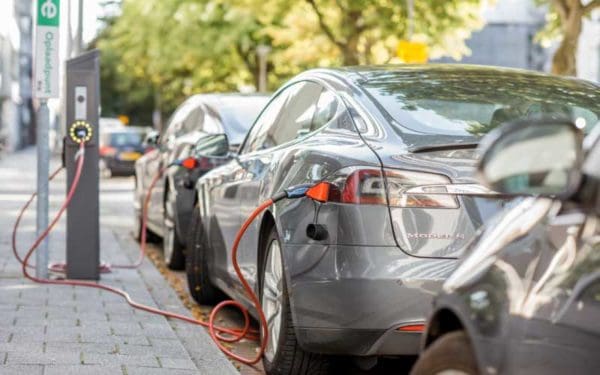
Here’s how and why CLF is pushing the Healey administration to reach net zero by 2050.

While Big Gas is still trying to peddle its climate-damaging products, regional officials seem poised to recognize the power of solar and wind energy.
